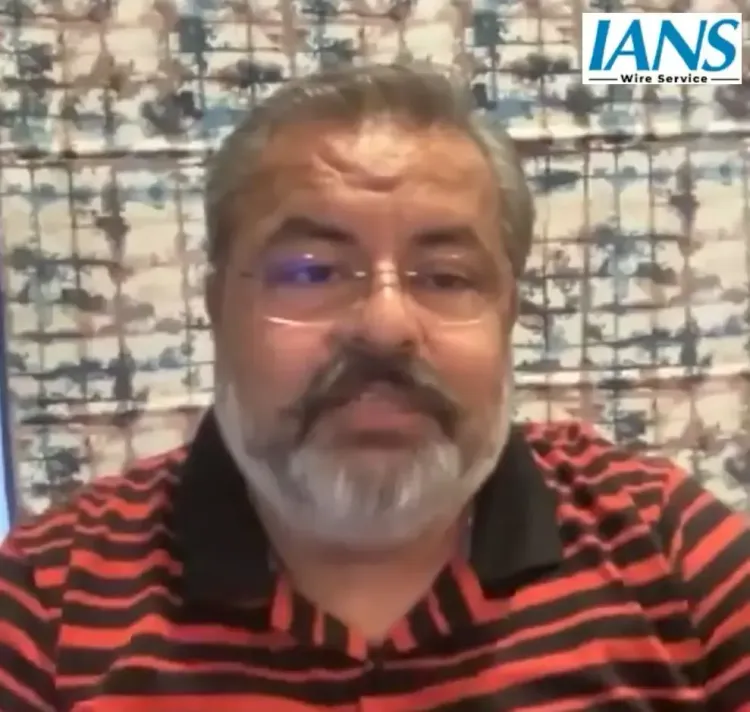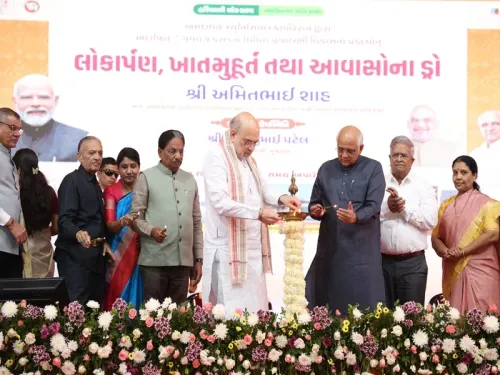Manu Gaur Discusses Separation of Population Control from UCC in Uttarakhand

Synopsis
Key Takeaways
- The UCC focuses on personal laws, not population control.
- Population control laws were not proposed due to constitutional categorization.
- The UCC aims to eliminate practices that exploit women.
- Live-in relationship registrations will exclude police intervention.
- The Supreme Court supports the UCC's implementation in Uttarakhand.
New Delhi, Jan 28 (NationPress) Manu Gaur, a member of the committee that drafted the UCC regulations, shared valuable insights during an exclusive interview with IANS. He elaborated on why laws concerning population control were not included in the UCC.
Manu Gaur stated that while the committee received numerous suggestions to implement population control laws, its main focus was on personal law issues, not population control.
He explained that the subjects designated to the committee at its inception were tied to Entry 5 of the Constitution, while population control is categorized under Entry 20. Consequently, no new proposal for a population control law was made, Gaur clarified.
Nonetheless, he indicated that the committee communicated public sentiment regarding population control to the government and expressed optimism that this matter would be addressed in the future.
Furthermore, he discussed Islamic practices such as triple talaq, halala, and iddat, emphasizing that these practices were originally designed to exploit women. The UCC proposal aimed to eradicate such social injustices.
On the subject of iddat, he pointed out that its initial purpose was to confirm whether a woman was pregnant, but advancements in technology have rendered it outdated.
He stressed that the UCC would safeguard the rights of women and children, making its implementation essential for protecting these rights in contemporary society.
Regarding the exclusion of tribal communities from the UCC, Gaur explained that the Indian Constitution provides special rights to tribal groups to preserve their cultural and traditional heritage, which is why they were kept outside the law's purview.
Referencing Article 342 of the Constitution, he noted that special provisions exist for tribal communities, making the implementation of UCC in these regions impractical.
Gaur praised Uttarakhand's decision to implement the UCC, describing it as a historic milestone for the state. He mentioned that the law would apply to citizens who have resided in the state for over a year, government employees, and individuals benefiting from government services.
Under the UCC, the registration of live-in relationships will be managed in a way that excludes police involvement. Only a Sub-Divisional Magistrate (SDM) will oversee the registration process, with all data maintained by a Magistrate-level officer. This framework aims to prevent false complaints, imposing penalties on those who file repeated false reports, leading to the deactivation of their registration.
Gaur noted that this strategy would help dispel misconceptions surrounding live-in relationships and offer protection to women and children.
Moreover, he mentioned that several Public Interest Litigations (PILs) challenging the formation of the committee and the UCC's implementation had been filed in court. However, the Supreme Court dismissed these petitions, affirming the state's right to execute the UCC.










